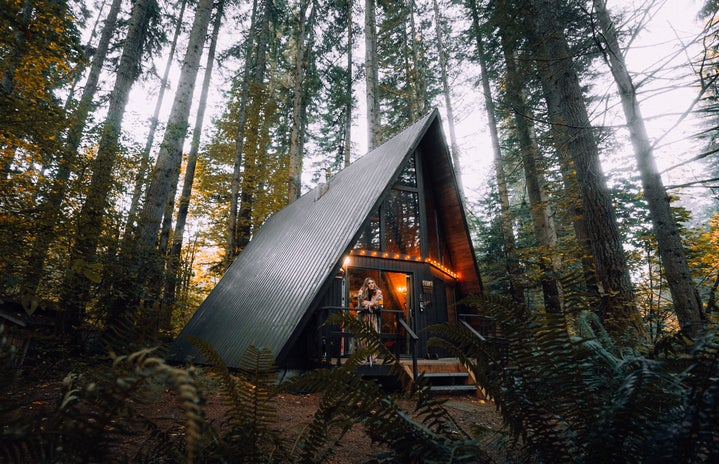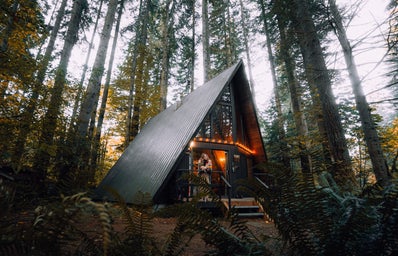Growing up, my family traveled by using house swaps. It took me a hot second to realize that not everyone used these and that it was a bit outside the norm to allow a total stranger to live in your house (this was before AirBnb hit its stride).
To give a bit of an overview, the process of house swaps was completely verified and each user got vetted. You pay a subscription and are given access to thousands of places to visit. When I was young, we also lived in a location that people wanted to travel to, which widened our options greatly, but users were looking to go almost everywhere. You can do a simultaneous swap, where you go there, and they go to your home at the same time, or a non-simultaneous swap, where the two parties are traveling at different times.
Looking back, I feel really grateful for the way house swaps allowed my family to travel. Everywhere we stayed, the hosts gave us a list of local favorites, from restaurants to museums to kid-friendly activities. We could go grocery shopping instead of eating out every night, which both saved money and exposed us to new foods. We could feel more at home, I guess, while in a new place. Sometimes, it made me feel a little weird to think about someone staying in my room at home and to be in someone else’s house for so long while they weren’t there. However, it became our norm. It also wasn’t always perfect and, like any travel situation, things just fall through sometimes or they don’t go the way you expect. Regardless, I don’t know that I would be the same person had I not been exposed to traveling this way growing up.
Though I think the pandemic may have lessened peoples’ trust in others through isolation, I like the ideology of house swaps. It does involve a certain amount of risk, but it also promotes community and sharing and giving, and I think that that was a good set of values to grow up learning.

